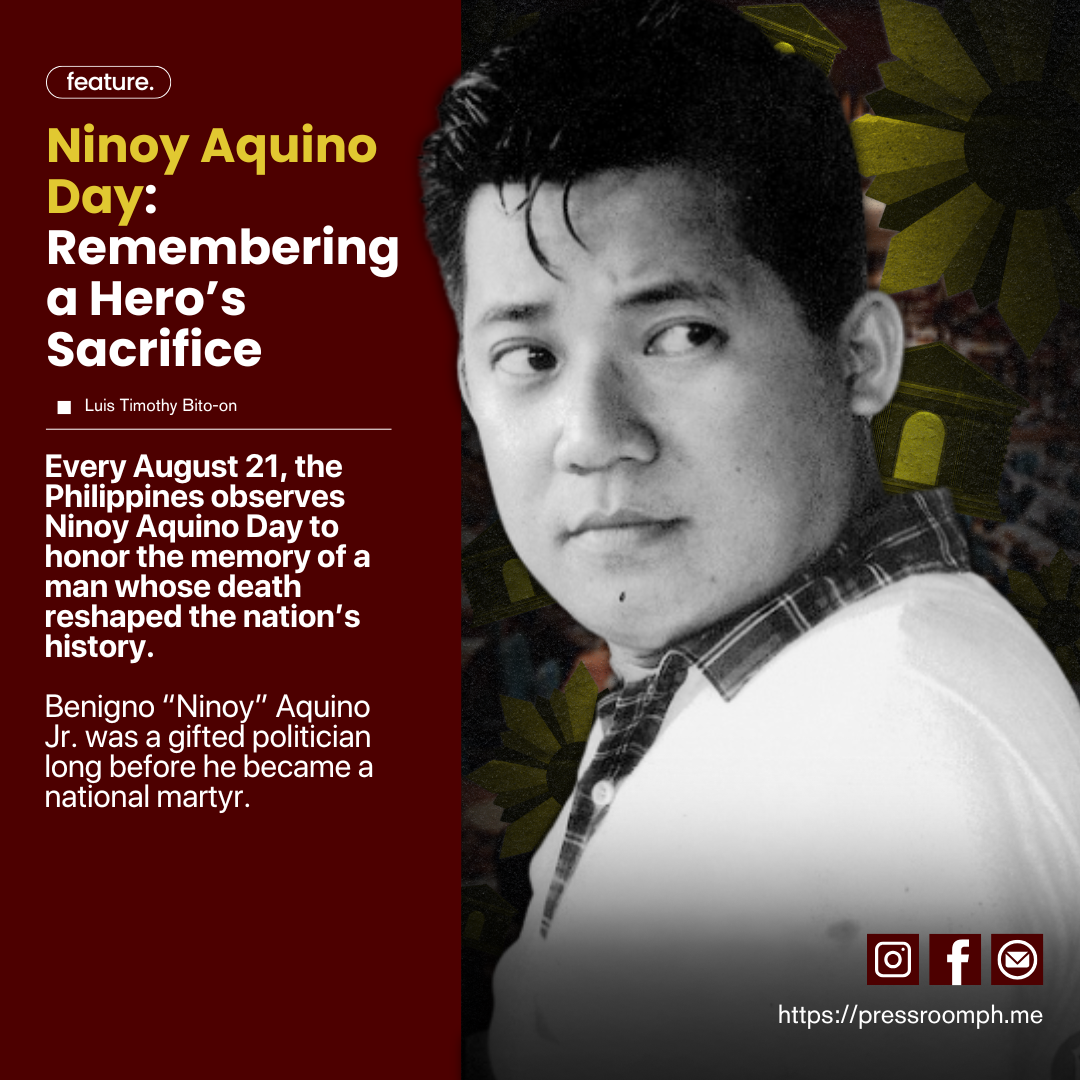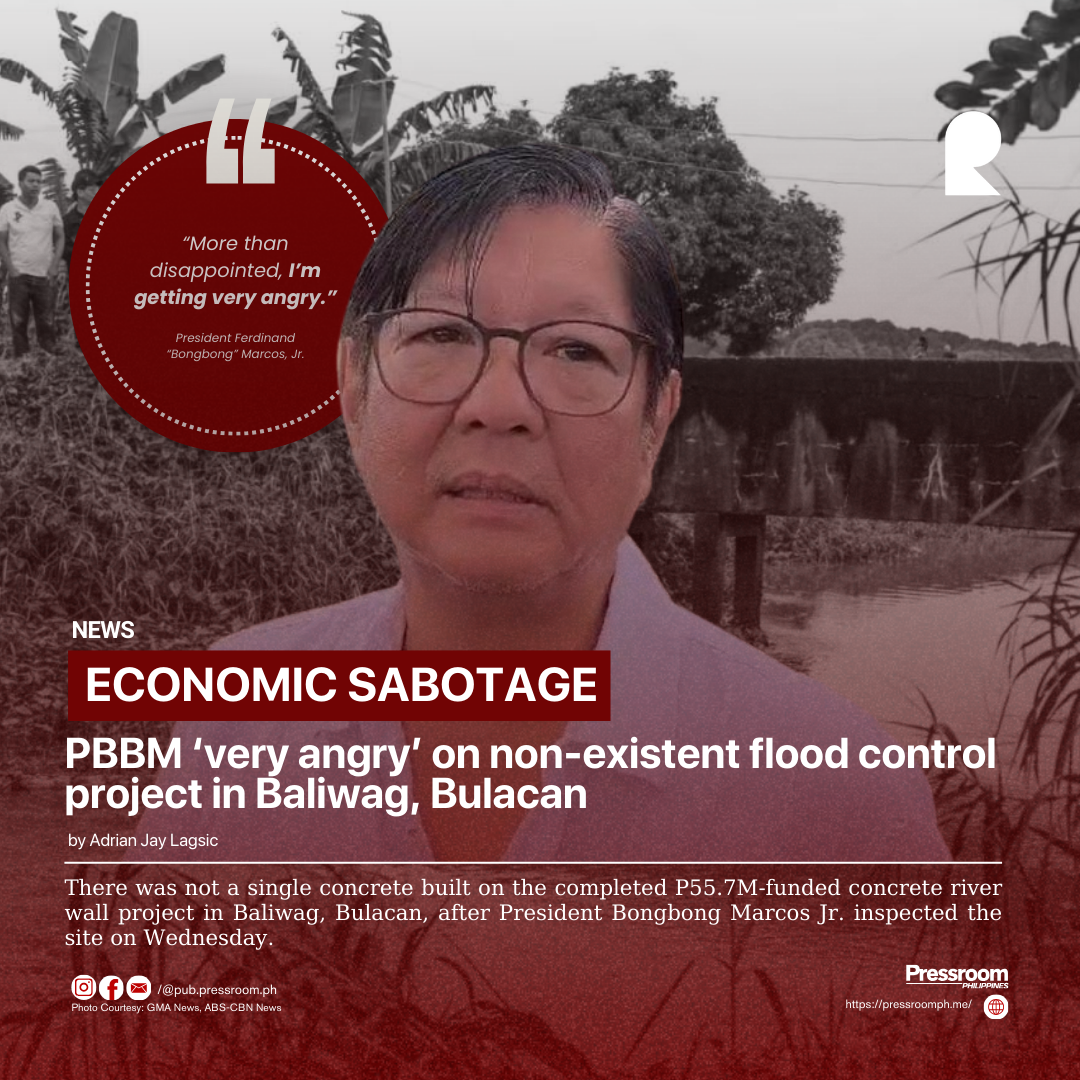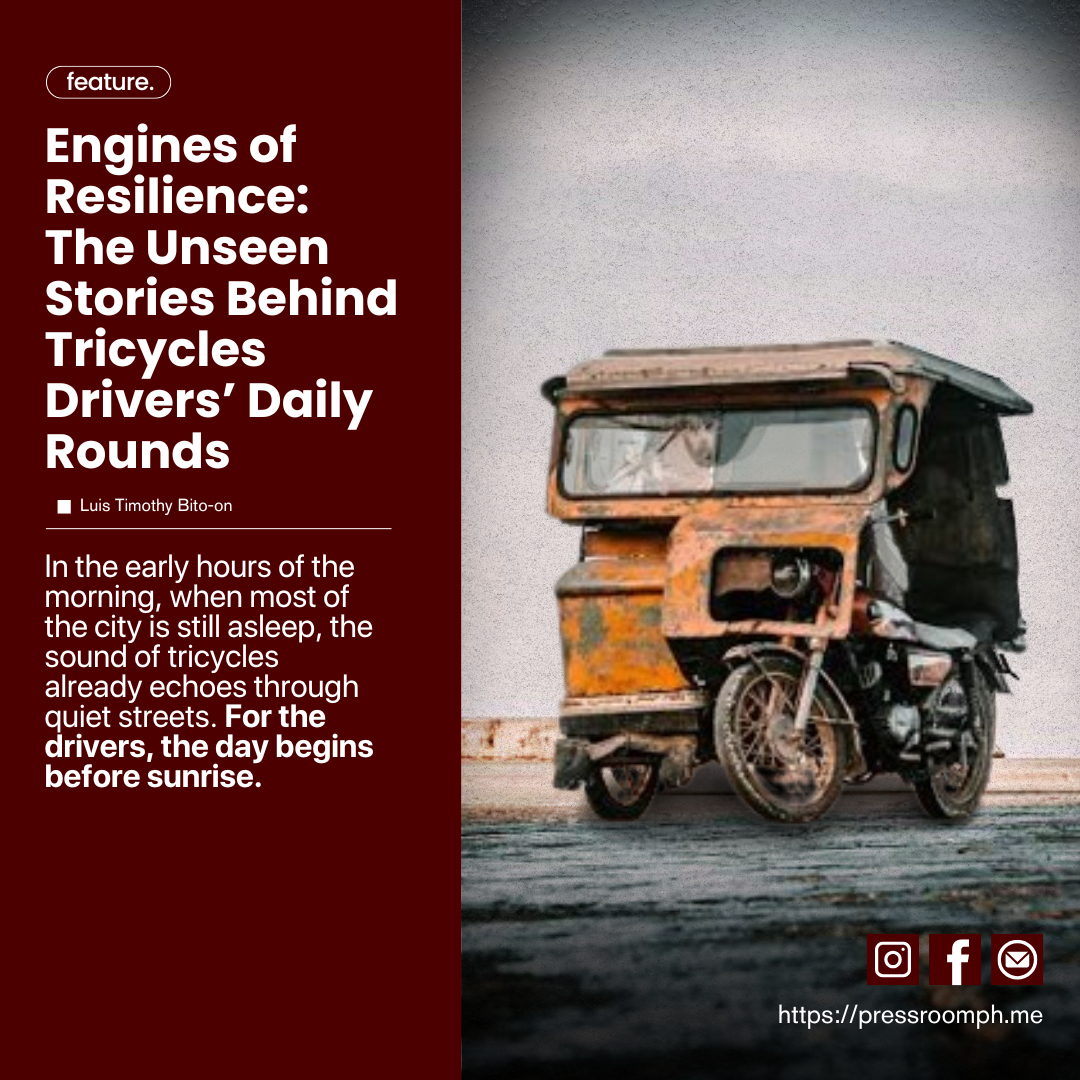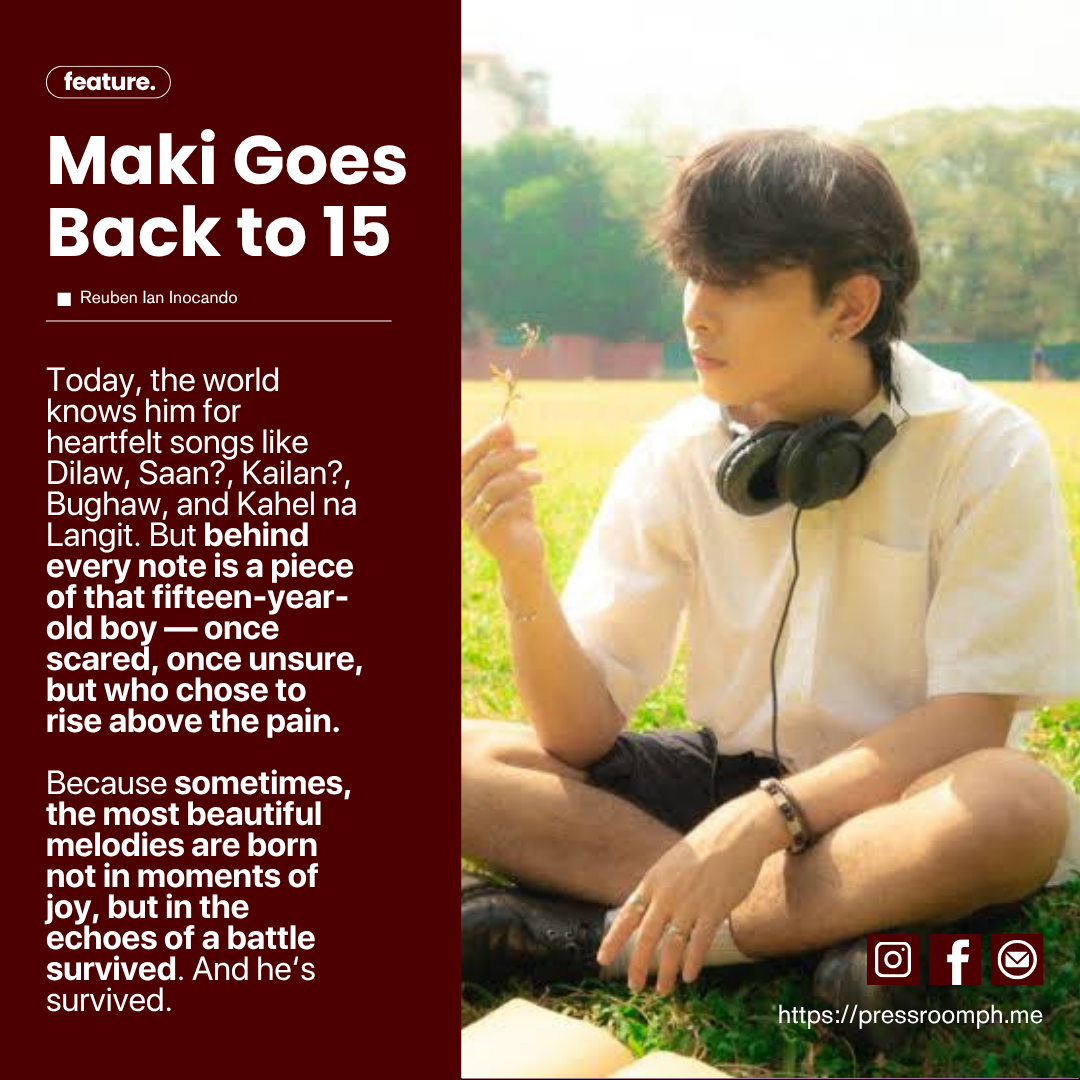Every August 21, the Philippines observes Ninoy Aquino Day to honor the memory of a man whose death reshaped the nation’s history.
Benigno “Ninoy” Aquino Jr. was a gifted politician long before he became a national martyr. He served as the youngest governor of Tarlac. At just 35, he was elected as the youngest senator of the Republic, known for his eloquence, wit, and sharp criticisms of government abuses. His speeches in the Senate earned him admiration from the public but also made him a target of the Marcos regime. When martial law was declared in 1972, Aquino was among the first to be arrested, beginning years of imprisonment that tested both his body and spirit.
During his nearly eight years behind bars, Aquino endured solitary confinement, limited contact with his family, and deteriorating health. Still, he remained steadfast in his opposition to the authoritarian rule, often writing reflections that circulated quietly among his supporters. His courage while imprisoned inspired many Filipinos who had begun to feel silenced under martial law. In 1980, after suffering a heart attack, he was granted permission to seek medical treatment in the United States, where he began a period of exile with his family.
Exile provided Aquino safety but not satisfaction. While in the United States, he continued his fight against dictatorship, giving speeches in universities and forums that drew international attention to the plight of Filipinos. He believed that silence abroad would mean abandoning his people, so he used every opportunity to highlight human rights abuses and the loss of democratic freedoms back home. Even as he enjoyed temporary peace with his family, his heart remained with the Philippines, and he longed to return despite the grave dangers awaiting him.
In 1983, Aquino made the decision that would seal his place in history. Believing that his presence was necessary to strengthen the opposition, he prepared to fly home despite repeated warnings from friends and allies. Before leaving, he famously declared, “The Filipino is worth dying for,” words that revealed his willingness to sacrifice himself for the greater good. On August 21, upon his arrival at the Manila International Airport, he was shot and killed, his assassination broadcast around the world and seared into the memory of every Filipino.
The nation was shaken to its core by Aquino’s death. His funeral turned into one of the largest gatherings in Philippine history, with millions of people flooding the streets to mourn and protest. What began as grief soon transformed into anger, fueling widespread dissent against the dictatorship. Aquino’s death became the spark that lit the fire of change, inspiring movements that united ordinary citizens, church leaders, and civic organizations in the call for democracy.
Three years later, his sacrifice bore fruit during the People Power Revolution of 1986. Millions of Filipinos gathered along EDSA in a peaceful uprising that toppled the Marcos regime and restored democratic rule. While many factors contributed to the movement, it was clear that Aquino’s assassination had been the catalyst. In giving his life, he gave Filipinos the courage to rise and reclaim their freedom.
Ninoy Aquino Day was officially declared in 2004 through Republic Act 9256, designating August 21 as a special non-working holiday. Every year since then, commemorations have been held at the Ninoy Aquino International Airport, at memorials in Tarlac, and in schools and communities nationwide. Ceremonies include wreath-laying, speeches, and educational programs designed to remind the public—especially the youth—of the price of democracy. His words and legacy continue to be taught and retold, ensuring that the younger generation understands the values he stood for.
Today, the holiday stands as more than just a day off work. It is a call to remember that democracy is fragile, that freedom is hard-earned, and that it requires vigilance to protect. Aquino’s life remains a testament to the power of courage and conviction, and his death a reminder that sacrifice can inspire a nation to unite. More than four decades later, Ninoy Aquino Day continues to serve as both a tribute to one man’s bravery and a challenge to every Filipino to uphold the democracy he helped win.






